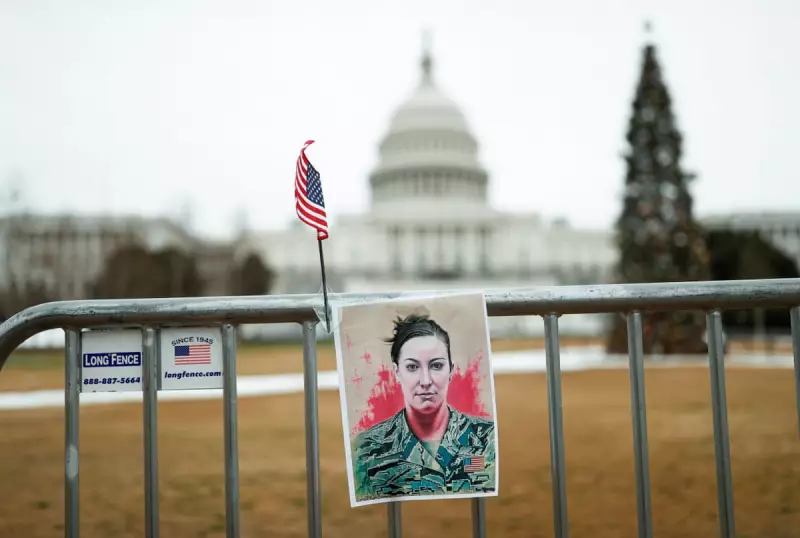
The US Air Force has granted full military honours to Ashli Babbitt, the veteran shot and killed during the January 6 Capitol insurrection, in a move that has reignited fierce political debate on both sides of the Atlantic.
A Ceremony Steeped in Controversy
Babbitt, a 35-year-old who served 14 years in the Air Force, was honoured with a formal military funeral at a Maryland cemetery. The ceremony included the traditional folding and presentation of the American flag to her family, a honour typically reserved for service members who die on active duty or veterans with honourable discharges.
The Divisive Figure at the Centre of the Storm
Babbitt was shot by a Capitol police officer while attempting to climb through a broken window into the Speaker's Lobby, moments away from the House chamber. Her death transformed her into a potent symbol, hailed as a martyr by some supporters of Donald Trump and viewed as a tragic consequence of political violence by others.
The decision to grant military honours has drawn sharp criticism from those who argue it legitimises her role in the attack on democracy. Supporters, however, contend it rightfully acknowledges her service, separate from the circumstances of her death.
Military Policy Under Scrutiny
The Air Force confirmed that Babbitt, who left the service in 2016 as a senior airwoman, was eligible for honours as she had received an honourable discharge. A spokesperson stated the military's role is to "honour service, not to adjudicate on the nature of a veteran's death."
This stance has placed a spotlight on military protocol, questioning whether it adequately addresses veterans who later engage in acts against the state they once swore to protect.
A Transatlantic Echo Chamber
While an American story, the controversy resonates deeply in the UK, where debates over national identity, the honouring of service, and the handling of political violence are equally potent. The case forces a uncomfortable examination of how nations reconcile an individual's past service with their final, divisive actions.
The ceremony for Ashli Babbitt ensures her name will remain at the heart of the ongoing, painful discourse surrounding January 6, its causes, and its lasting consequences for American—and global—political life.





